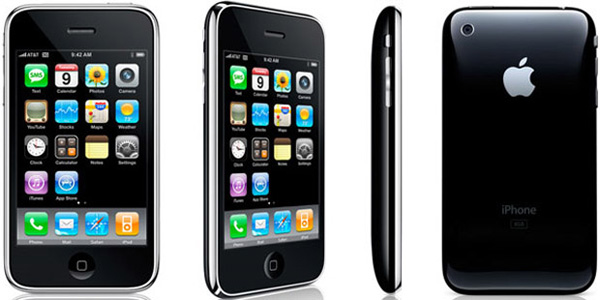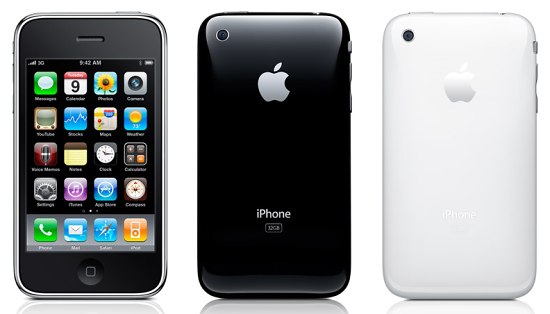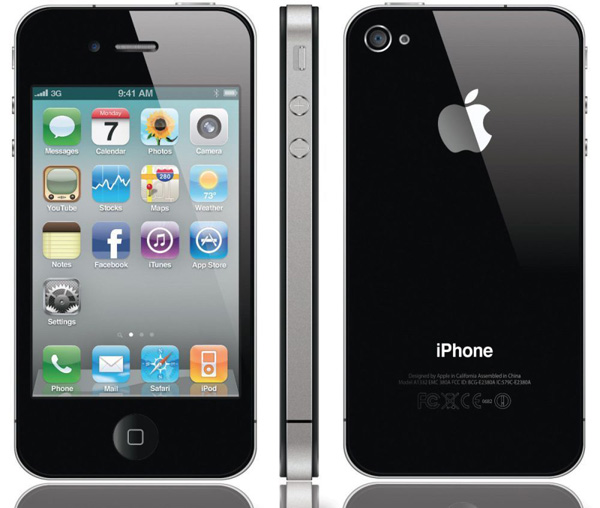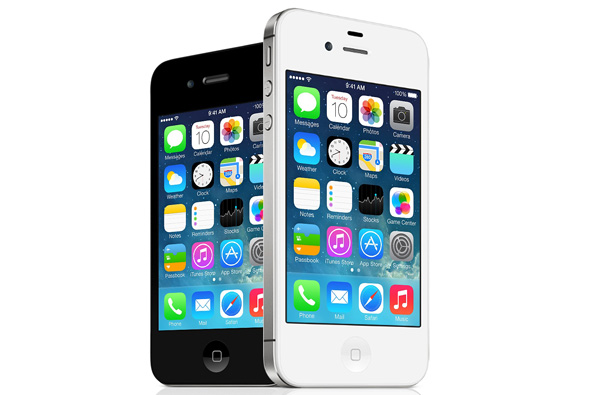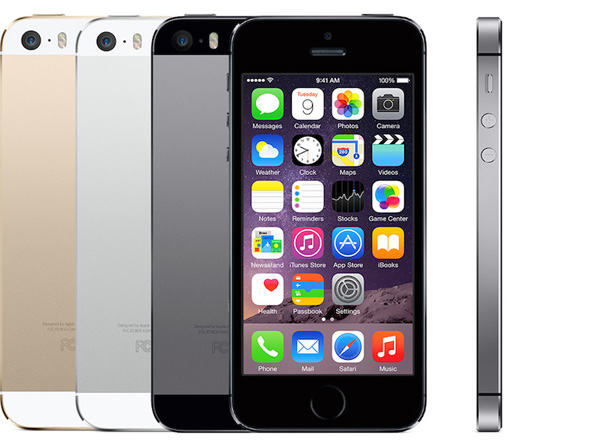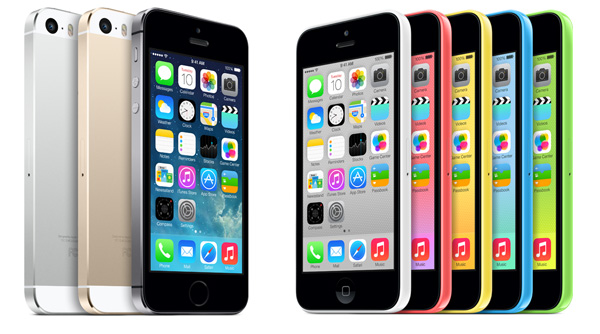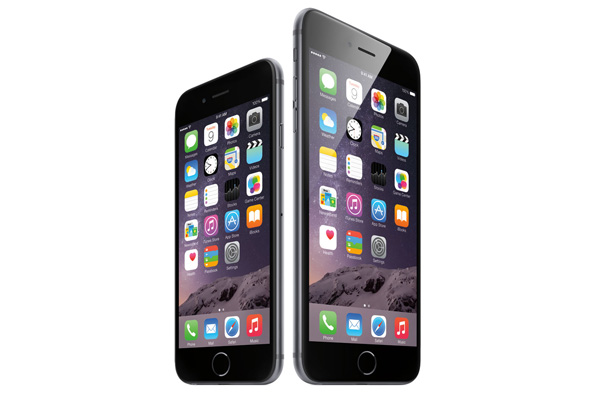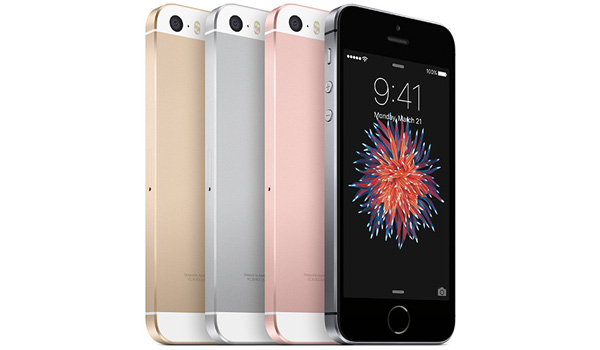Sign up for trending news and first dibs
Apple iPhone: A Walk Down Memory Lane
Apple iPhone: A Walk Down Memory Lane
Nine years ago today, the very first Apple iPhone was released to the public. We look at how far the range has come and what improvements were made to each model released.
2007: iPhone
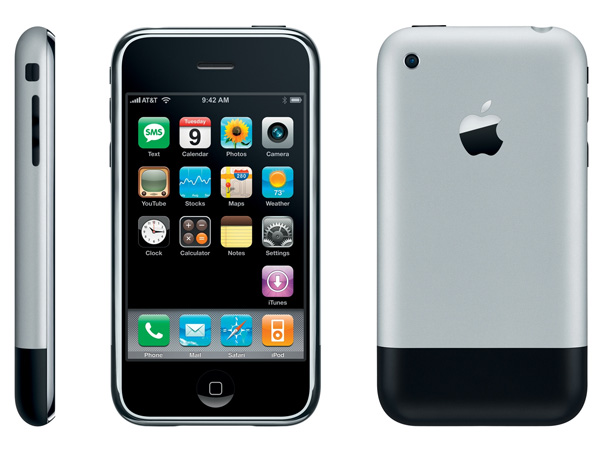
Call it vintage, ancient, even obsolete, but this first smartphone got the ball rolling for Apple’s foray into the smartphone market. Its rear camera, a measly 2-megapixels, cannot compare to the sharpness and quality of today’s smartphones. Thank god photo-sharing apps were few and far between back then.
2008: iPhone 3G
A redesigned plastic polycarbonate housing replaced the aluminum backing of the first iPhone. Buttons were upgraded from plastic to metal, and two colors (black and white) were available. As its name states, the iPhone 3G provided faster Internet connectivity, though it pales in comparison to today’s 4G speeds.
2009: iPhone 3GS
Featuring a slightly faster processor (hence the “S” in the product name, which stands for “speed”), the 3GS would also get a slightly improved 3-megapixel camera that could also take videos. Aesthetically, the phone remained unchanged.
2010: iPhone 4
The iPhone 4 was leaps and bounds ahead of its predecessors. Because of its revamped design, it was considered the thinnest smartphone in the world. This phone was also the first to incorporate Apple’s high-resolution retina display. It also contained a front-facing camera for selfies. But for all the accolades it received, the 4 had a noticeable issue: Its new antenna design caused cellular reception to drop drastically when users held the phone normally. Apple addressed the issue by giving out free bumper cases with every purchase of the 4.
2011: iPhone 4S
Apart from redesigning the antenna that caused problems with the 4, Apple left the design of the 4S relatively intact. The company also debuted Siri, the virtual personal assistant, on the 4S. Tech geeks raved at Siri’s ability to execute commands on the fly, while trolls had a field day putting her wits to the test with lame questions, which she handled surprisingly well.
2012: iPhone 5
As consumers demanded for smartphones with larger screens, Apple complied with the release of the iPhone 5, a thinner and taller model that had a 4-inch screen instead of the usual 3.5. This would be the first model to feature Apple’s Lightning dock connector, a convenient standard still used today.
2013: iPhone 5S, 5C
Apple went for gold with the 5S, launching the phone in a white/gold color scheme in addition to the white/silver and gray/black options. Touch ID, a fingerprint recognition system that did away with pass-codes, was also introduced. To complement the 5S, the 5C was launched as well. The latter was a mid-end smartphone without the frills like Touch ID, and came in rich colors like blue, green, pink, white and yellow.
2014: iPhone 6, 6 Plus
Smartphone competitors were releasing models with larger screens, and Apple responded with the 6 and 6 Plus, which featured 4.7 and 5.5-inch screens respectively. A total of four million units were pre-ordered within the first 24 hours of availability, setting a record for Apple. Also accompanying this release was the launch of the Apple Watch and Apple Pay system.
2015: iPhone 6S, 6S Plus
Continuing its trend of tweaking existing models, the 6S and 6S Plus came with 3D Touch, a pressure-sensitive touchscreen that offered a whole new way of using the smartphone. A new rose gold finish, popular with the ladies, came as an option for both phones.
2016: iPhone SE
While the 6S and 6S Plus remain Apple’s flagship smartphones, the latest iteration of the iPhone gets trimmed down for users on a budget. Going back to a 4-inch display, the SE serves as a replacement for the 5S and retains most of the features found in its older (and bigger) siblings.
The Apple iPhone has come a long way, with yet another new model rumored to be slated for release this September. Stay tuned for more updates.
Read More: The Nike Training Club App Gets Redesigned
TAGS
Tags:


